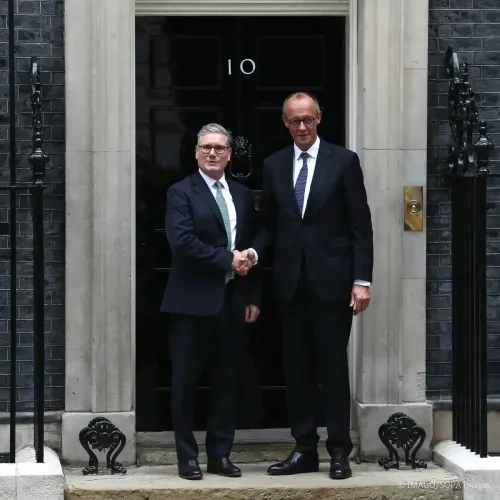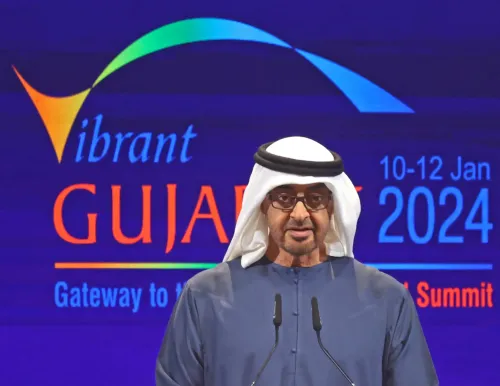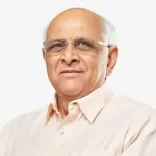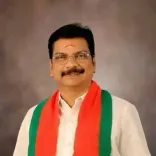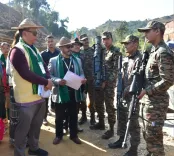UN Secretary-General Guterres Advocates for AI Democratization to Prevent Geopolitical Divides
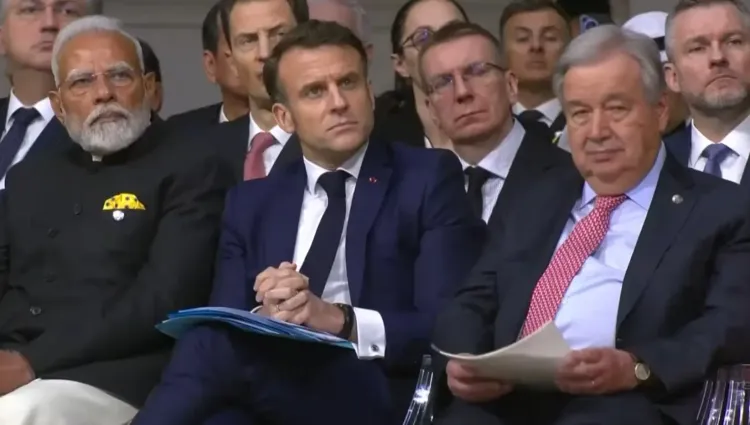
Synopsis
Key Takeaways
- Guterres calls for the democratisation of AI.
- He warns of a widening gap between developed and developing nations.
- The establishment of an Independent International Scientific Panel is suggested.
- Global collaboration and guidelines are essential for equitable AI deployment.
- AI must be harnessed for the benefit of all humanity.
United Nations, Feb 11 (NationPress) Secretary-General Antonio Guterres on Tuesday urged for the democratisation of Artificial Intelligence (AI), cautioning that the increasing concentration of AI capabilities could exacerbate geopolitical divides.
"While a handful of companies and nations are making significant strides with unprecedented investments, the majority of developing countries are being left behind," he stated at the AI Action Summit in Paris, co-hosted by Prime Minister Narendra Modi.
"The influence of AI carries substantial responsibilities," he remarked. "Currently, that influence is concentrated in the hands of a select few."
"Let us strive for an AI that is crafted by all of humanity, for the benefit of all humanity," he added.
Guterres, who has prioritized AI initiatives, emphasized the need to provide the UN with a central role in shaping the future of AI, referencing a proposal in the Global Digital Compact ratified by global leaders at last year’s Summit of the Future.
The Compact proposed establishing an Independent International Scientific Panel on AI, and Guterres highlighted its importance in ensuring that technology serves humanity, rather than the reverse.
"By consolidating global expertise, this Scientific Panel will foster a shared understanding of AI's risks, advantages, and capabilities, while also addressing existing knowledge gaps," he noted.
"AI should bridge the divide between developed and developing nations—not widen it," Guterres asserted.
To achieve this, he described the need for a global AI capacity-building network as both an economic necessity and a moral obligation.
This was among the suggestions put forth by the High-Level Advisory Body on AI.
"In what feels like the blink of an eye, AI has transitioned from a concept of science fiction to a formidable force reshaping our world," but the global community is not adequately prepared, he warned.
While acknowledging AI's positive contributions to education, healthcare, and agriculture, he noted that it is also challenging our shared values and rights.
"It is in our collective interest for governments and tech leaders to commit to global guidelines, exchange best practices, and develop equitable policies and business models," he emphasized.


